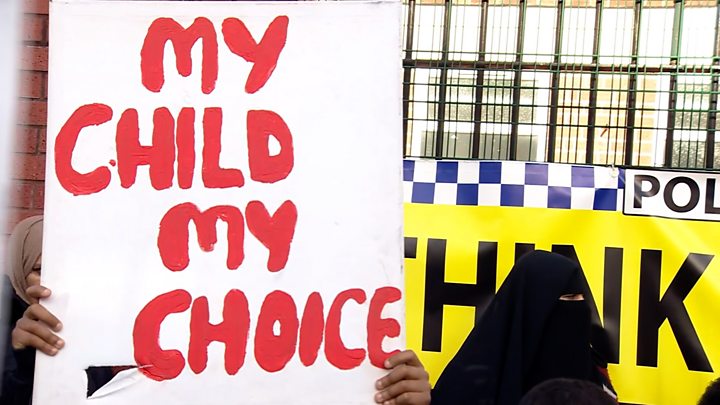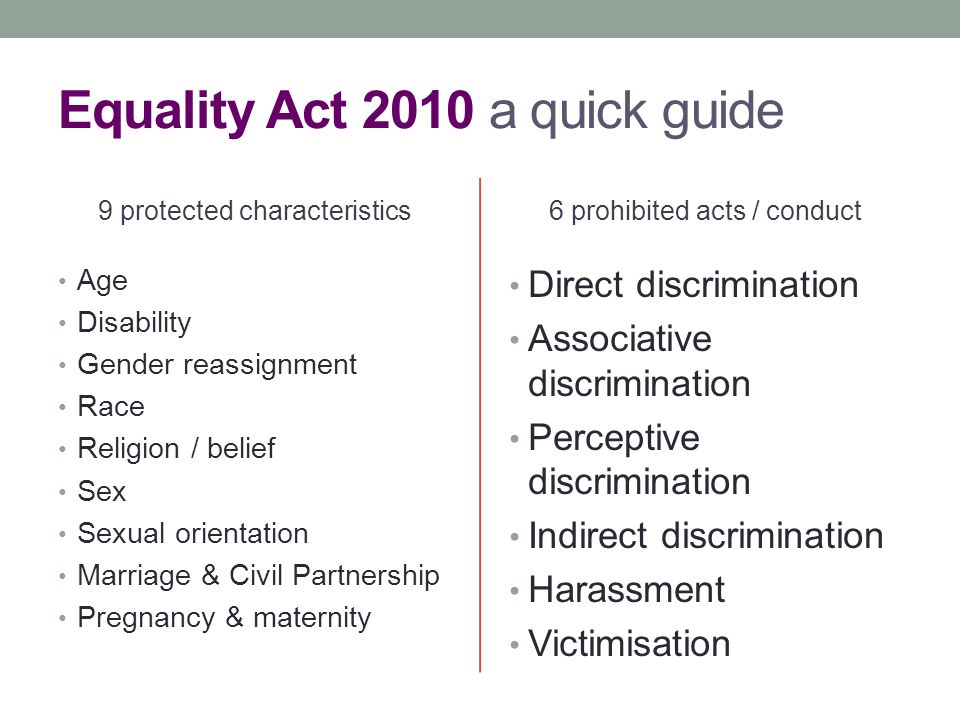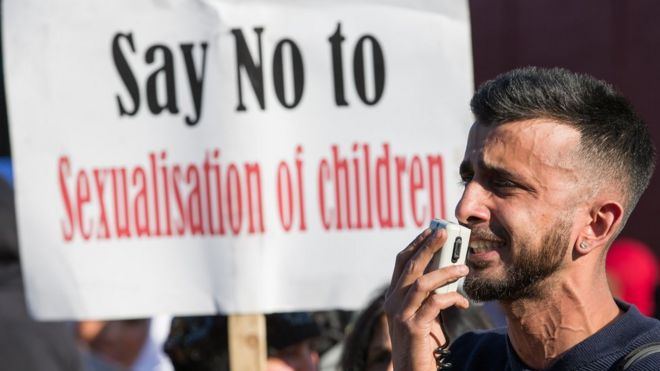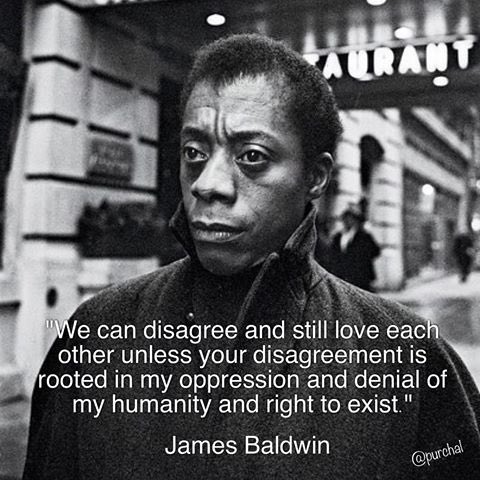Demonstrators of the ‘No Outsiders Programme’ at Anderton Primary School have been served with a high court injunction.
The parent demonstrators have been dealt a vital blow to their religious freedom. Arguing that they do not want their children to be taught the diversity of sexualities, gender and family structures. These parents have protested for weeks and it now will stop due to the injunction.
Birmingham City Council applied for the injunction following several weeks of protests outside Anderton Park Primary School in the city.

After weeks of protests, teachers in tears, and up to 600 children being removed from lessons, everything has now been put to a standstill. However, this could fuel the argument between Muslim values and British values. Whilst also putting a dent in the relationship between the Muslim community and the British state.
In a video that characterised the clash between Muslim values and British Values, MP Jess Phillips was embroiled in a furious argument outside Anderton Park against Shakeel Afsar, the man who is leading the LGBT protests. He has no children at the school.
Jess Phillips in her passionate words said
“You don’t get to pick and choose which equality you can and can’t have. I want to protect the Muslim community. You are damaging the reputation of a peaceful and loving community.”
Highlighting that equality is not something you can pick and choose Perhaps the removal of religion/belief from the protected characteristics of the Equality Act 2010 should be proposed.

The Equality Act 2010 says you must not be discriminated against because of your religion or belief. Discrimination under these characteristics in the Equality Act is unlawful.
Where is the line is drawn between religion discrimination and discrimination of the LGBT community? How we protect both freedoms for both to coexist in harmony?
Religion is a core, fundamental belief in the hearts, minds and souls of many, however Western society has since advanced past states heavily dictated by religious conservatism. Religious conservatism once dictated the tempo of society, the rules, laws and practices. British Society has now interwoven different values allowing many other religions, ethnicities, genders and races to partially coexist.
The New Religion driving equality
Western society now has a new largely unspoken and unrecognised religion called Humanism.
A humanist…
- trusts to the scientific method when it comes to understanding how the universe works and rejects the idea of the supernatural (and is, therefore, an atheist or agnostic)
- makes their ethical decisions based on reason, empathy, and a concern for human beings and other sentient animals
- believes that, in the absence of an afterlife and any discernible purpose to the universe, human beings can act to give their own lives meaning by seeking happiness in this life and helping others to do the same.

Humanism is as old as humanity. From the first millennium BCE in ancient China, India, and Greece; through the scientific revolution and the enlightenment; to modern secularisation and the Universal Declaration of Human Rights, humanist ideas have helped to shape the world in which we now live.
Humanism in the very same breath has accelerated the notion of ‘feelings over facts’ to which has become a centre ground for political thought.
Humanism is the New Religion, Religion Must Leave
Humanism comes at a dire clash with religious fundamentalism as highlighted with the issues surrounding the LGBT lessons at Anderton school.
For Muslim citizens, according to the Quran, they must obey the established authorities (e.g. the courts, the police, etc). They must obey the law of the land as long as it does not violate God’s law. Those protesting the LGBT lessons believe it is in direct violation with God’s law.
How can the rights of LGBT inclusion be maintained whilst working in accordance and reverence and respect to God’s law which is incredibly important to Muslims?
Shakeel Afsar, the man who is leading the LGBT protests has accused the school, government and state of “being intolerant towards Muslims”. No compromise has been found. Sitting on the fence will not help this issue either. Perhaps an intolerance to those who want intolerance, but are intolerance to the inclusion of others is a sacrifice that must be made.

Islam remains an almost unspoken, unchartered water of discussion many are afraid to dip their toe into the water.
Whilst Islamophobic incidents skyrocketed by almost 600 per cent in Britain after the New Zealand terror attack. A frightening and very real reality, but when do we have the ability to criticise an ideology in the fear of being accused of Islamophobic? An ideology that has now challenged the equality and inclusion of the LGBT community? Is this how we want society to become? Protecting ideas stopping ideas from being truly explored in its entirety.
It’s time the government was no longer afraid to prioritise equality for all its citizens, not a ‘pick and mix’ for those communities who feel they are being denied their rights on the basis of cherry-picking what they want to adhere to.
Are the lessons Islamphobic?
Islamophobia is defined as being “rooted in racism and is a type of racism that targets expressions of Muslimness or perceived Muslimness.”
In 2018 The All Party Parliamentary Group (APPG) on British Muslims put forward the first working definition of Islamophobia in the UK.
In 2019 the definition was rejected by Martin Hewitt, chair of the National Police Chiefs’ Council, who said it was “too broad as currently drafted, could cause confusion for officers enforcing it and could be used to challenge legitimate free speech on the historical or theological actions of Islamic states”.
Whilst the issue with the school lessons is not about free speech, it is about freedom of expression.
‘Islamophobia’ is a word recurrently used now even when challenging the views of Islam, and the government could be accused of being ‘Islamophobic’ if they disregard the religious rights of Muslims in relation to the controversial ‘No Outsiders Programme’ championing LGBT inclusion.
This is where it has a thin line between a standing firm in the equality of all, but when the religious freedoms of one inherently oppress and deny the existence of others who wins? Everyone loses and nobody wins.
The headteacher and many other teachers who support the lessons at the school are accused of being ‘Islamophobic’, for not respecting their religious rights.
A morally bankrupt statement as the very programme challenging homophobia is being accused of intolerant to Muslims.
In the words of James Baldwin:
“We can disagree and still love each other unless your disagreement is rooted in my oppression and denial of my humanity and right to exist.”

It will not harm young children to know about the plethora of families in the UK, it’s the reality and to weaponize religion interchangeably to “pick and choose your equality”, is denying the equality of others. It also denies the existence of differing families apart from the nuclear family. The ranging sexualities and emerging genders making our current social fabric.
The more we think about where society is progressing to its a world of post-racial, post-gender, and post-truth is becoming the widely accepted norm. Religion whether it be fundamental Christianity or Islam needs to be revisited. Understanding and challenging the reasons as and why it remains in the Equality Act of 2010. And the government can not keep tiptoeing around the issue in the fear of being accused as “Islamophobic”.
To many of those protesting the law of the land in England, we live in a liberal humanist state with a Christian bedrock, advancing the equality of all individuals, black, white, gay, straight and more.
Religion and LGBT is a contested space that needs to be able to come to a working solution that allows both communities both religious and the LGBT community the freedoms to live equally free of discrimination, prejudice and bigotry.
However this time equality for LGBT trumps religion.
Everyone deserves equal rights, equal opportunity, equal access, but perhaps we have to accept some may not fall in alignment with Western humanist values outside of religious beliefs.


